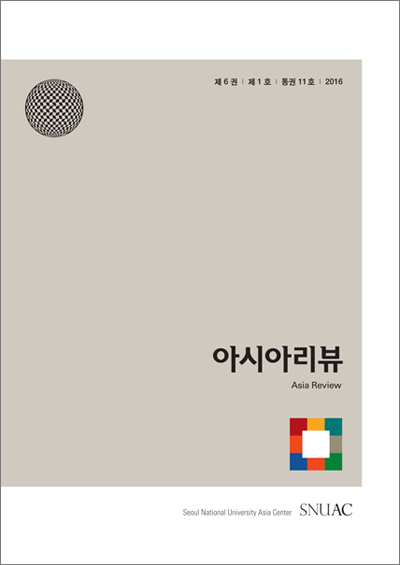Citizenship serves as a fundamental institution for establishing membership in nation-states and serves as a framework for the interaction between individuals, social groups, and the state, delineating a set of rights and responsibilities. While citizenship has been traditionally viewed as a means to promote Government accountability and ensure the welfare of citizens within the nation-state’s boundaries, it has also been used as a tool for excluding non-citizens and marginalized groups in modern times. The Citizenship (Amendment) Act of 2019 serves as a notable illustration of this phenomenon. This Act confers Indian citizenship upon specific religious groups, including Hindus, Sikhs, Buddhists, Jains, Parsis, and Christians, based on religious persecution in Pakistan, Afghanistan, and Bangladesh while disregarding others such as Rohingyas, Ahmadiyyas, and Uyghurs. Numerous studies have explored the complex factors that led to the creation of the Citizenship (Amendment) Act (CAA), with many attributing it to the pro-Hindu and anti-Muslim stance of the ruling Bharatiya Janata Party (BJP). However, few studies have examined the historical context that led to its development. This paper aims to address this gap in the literature by highlighting the long-standing history of inclusion and exclusion in citizenship amendment acts, dating back to the origins of the Citizenship Act, 1955. Adopting a postcolonial lens to the concept of citizenship, this paper contends that the selective inclusion and exclusion of certain groups in the Citizenship (Amendment) Act of 2019 is not only rooted in BJP’s politics of inclusion and exclusion but also in India’s postcolonial history and citizenship practices. Furthermore, the paper hypothesizes that India’s citizenship policy regarding migrants/refugees has gradually become less inclusive and, in some cases, exclusionary on religious grounds.
Examining the Gradual Anomaly of Citizenship with a Focus on Non-Citizens and Refugees in India
저자: Monika Verma (Ph.D. Institute of Social Research and Cultural Studies, National Yang-Ming Chiao Tung University)
주제어: Citizenship, India, Non-citizens/Refugees, CAA

